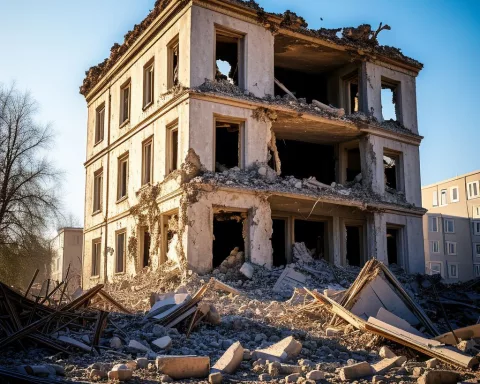Anglican Archbishop Thabo Makgoba has been a vocal advocate for transparency and accountability in South Africa, particularly about the theft at President Cyril Ramaphosa’s Phala Phala farm in Limpopo. During an Easter vigil at St. George’s Cathedral in Cape Town, the Archbishop emphasized the need for clarity and openness regarding the theft, calling on President Ramaphosa to provide a comprehensive account of what happened and why.
In his message to the congregation, the Archbishop urged the youth to become “angelic troublemakers” who would push for a new struggle for transformation in South Africa. He highlighted the potential of active citizens, especially young people, to bring about real change and emphasized the success of student activism in campaigning for “fees to fall” in South Africa.
The importance of transparency and accountability in South Africa
Archbishop Makgoba’s call for transparency and accountability in South Africa is timely, given the country’s ongoing struggle with corruption and political malfeasance. The Archbishop’s message underscores the need for leaders to be open and honest with the public about their actions and motivations, particularly when those actions can potentially harm the country or its citizens.
The theft at President Ramaphosa’s Phala Phala farm is just one example of corruption and political maneuvering that has recently plagued South Africa. The Archbishop’s insistence that the public should know what happened and why it happened is a reminder that transparency and accountability are essential for a healthy democracy.
The Role of youth activism in South Africa’s Transformation
Archbishop Makgoba’s call for youth activism in South Africa is also significant, as it underscores the potential of young people to bring about real change in the country. In addition, the Archbishop’s message highlights the importance of reclaiming a moral compass, ending economic inequities, achieving equality of opportunity, and realizing the Constitution’s promises.
The Archbishop’s emphasis on the potential of young people to bring about change is particularly relevant given South Africa’s history of student activism. The “fees must fall” campaign’s success is a testament to young people’s power to affect change in their communities and their country. By urging the youth to become “angelic troublemakers,” the Archbishop encourages them to embrace their potential as agents of change and continue engaging in the struggle to achieve South Africa’s goals.
Archbishop Makgoba’s message of transparency and accountability, coupled with his call for youth activism, is a powerful reminder of the potential for positive change in South Africa. By emphasizing the importance of openness and honesty among leaders, as well as the role of young people in effecting change, the Archbishop is helping to lay the groundwork for a more just and equitable society.












